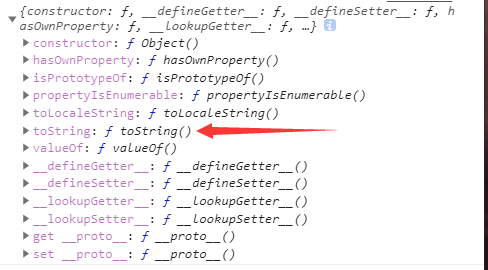Java文件字元流
- 2021 年 2 月 28 日
- 筆記
文件字元流輸入
讀取文件操作步驟:
-
建立一個流對象,將已存在的一個文件載入進流
FileReader fr = new FileReader(“Test.txt”);
-
創建一個臨時存放數據的數組
char[] ch = new char[1024]
-
調用流對象的讀取 方法將流中的數據讀入到數據中
fr.read(ch);
package com.kangkang.IO;
import java.io.FileNotFoundException;
import java.io.FileReader;
import java.io.FileWriter;
import java.io.IOException;
public class demo06 {
public static void main(String[] args) {
fileReader("D:\\test\\a\\tt1.txt");
fileWriter("hello world","D:\\test\\a\\tt2.txt");
//在寫入一個文件是,如果目錄下有同名文件將被覆蓋
copyFile("D:\\test\\a\\tt2.txt","D:\\test\\a\\tt3.txt");
}
/**
* 文件字元輸入流FileReader
* @param inPath
*/
public static void fileReader(String inPath) {
try {
// 創建文件字元輸入流對象
FileReader fr = new FileReader(inPath);
// 創建臨時存數據的字元數組
char[] c = new char[10];
// 定義一個輸入流的讀取長度
int len = 0;
while((len = fr.read(c)) != -1) {
String st = new String(c,0,len);
System.out.println(st);
}
fr.close();
} catch (Exception e) {
e.printStackTrace();
}
}
/**
* 文件字元輸出流,把內容輸出到指定的路徑
* @param text 輸出的內容
* @param outPath 輸出的文件路徑
*/
public static void fileWriter(String text,String outPath){
try {
FileWriter fw = new FileWriter(outPath);
//把內容存儲在記憶體中
fw.write(text);
//把記憶體的數據刷到硬碟中
fw.flush();
fw.close();
} catch (Exception e) {
e.printStackTrace();
}
}
/**
* 字元流拷貝文件
* @param inPath
* @param outPath
*/
public static void copyFile(String inPath,String outPath){
try {
FileReader fr = new FileReader(inPath);
FileWriter fw = new FileWriter(outPath);
char[] c = new char[10];
int len = 0;
//讀取數據
while((len = fr.read(c)) != -1){
//寫入數據進記憶體
fw.write(c,0,len);
}
fw.flush();
fr.close();
fw.close();
} catch (Exception e) {
e.printStackTrace();
}
}
}
`


